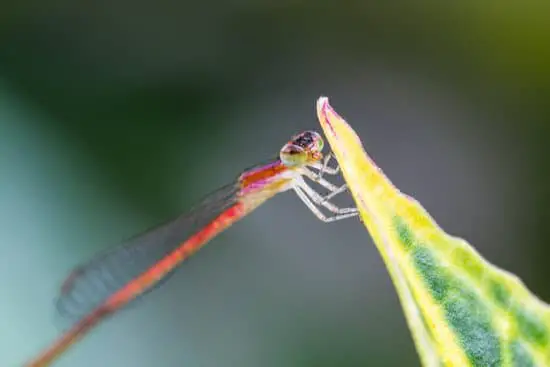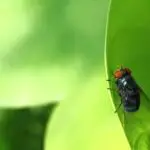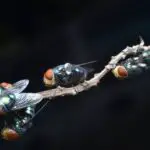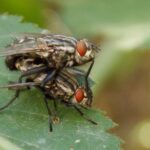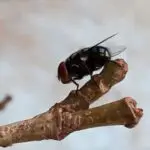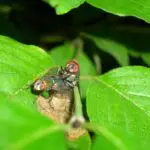Can Fruit Flies Have Heart Attacks?
Researchers at Duke University have found that the heart of a fruit fly can serve as a model for examining human genes that affect heart disease. Because the fruit fly’s genome is well understood and catalogued, researchers can use the fly’s model to discover genetic mutations that cause heart disease and test potential drugs. The scientists used existing imaging technology to visualize a beating fly heart. The result is a heart that is remarkably similar to human heart structure.
The study was published in the academic journal Autophagy. The researchers discovered that they were able to restore a substantial portion of the cardiac function of middle-aged fruit flies. This finding could lead to new therapies for the heart disease that plague older humans. In addition, the researchers found that middle-aged flies have many of the same heart problems that plague middle-aged humans.
The researchers found that the Notch signalling pathway plays a key role in heart development. They are the first to show that this pathway targets heart muscle cells. This pathway is crucial for heart development, and is thought to be involved in recovering from a heart attack. The researchers also studied the molecular changes in the heart muscle of adult flies that developed the hypertrophic cardiomyopathy mutation.
In humans, hypertrophic cardiomyopathy is caused by a mutation of a gene called ACTC (alpha-cardiac actin). This mutation inhibits the ability of heart muscle cells to relax after contracting. This prevents the heart from filling up completely with blood.
